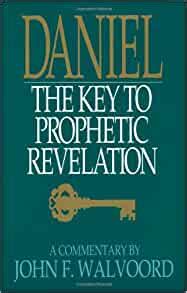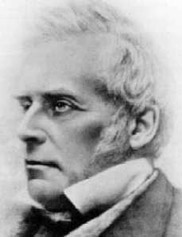A Quote by Ambrose
Redemption, n. Deliverance of sinners from the penalty of their sin through their murder of the deity against whom they sinned. The doctrine of Redemption is the fundamental mystery of our holy religions, and whoso believeth in it shall not perish, but have everlasting life in which to try to understand it.
Related Quotes
Our own theory is that sin was ordained only in view of redemption, and that accordingly redemption shows forth as the gain bound up with sin; in comparison with which there can be no question whatever of mischief due to sin, for the merely gradual and imperfect unfolding of the power of the God-consciousness is one of the necessary conditions of the human stage of existence.
Redemption basically is about holistic health, if you want to translate it into modern parlance. What I suggest - based on the Christian tradition but not often preached - is that you can't enter into the fullness of the Pascal mystery of the redemption unless there is a radical transformation of motivation within you.
There is no holy life. There is no war between good and evil. There is no sin and no redemption. None of these things matter to the real you. But they all matter hugely to the false you, the one who believes in the separate self. You have tried to take your separate self, with all its loneliness and anxiety and pride, to the door of enlightenment. But it will never go through, because it is a ghost.











































